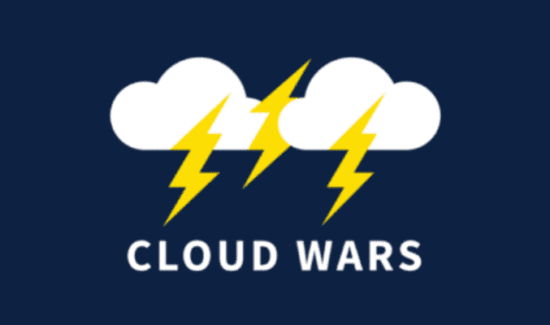5 Tips for Greater Cloud Storage Security

 Cloud storage is no longer seen as an idyllic, far-off technology. Instead, a majority of modern businesses rely on it as a way to simplify data management, administration, and provide universal access, anywhere and anytime. While it may seem like an irresistible temptation, moving to the cloud comes with its own set of risks. The average cost of an information is currently around $3.8 million, with an average estimate cost of $154 for every stolen record. To ensure that you take the necessary precautions while employing cloud storage services, we’ve assembled some expert advice for keeping your cloud data safe.
Cloud storage is no longer seen as an idyllic, far-off technology. Instead, a majority of modern businesses rely on it as a way to simplify data management, administration, and provide universal access, anywhere and anytime. While it may seem like an irresistible temptation, moving to the cloud comes with its own set of risks. The average cost of an information is currently around $3.8 million, with an average estimate cost of $154 for every stolen record. To ensure that you take the necessary precautions while employing cloud storage services, we’ve assembled some expert advice for keeping your cloud data safe.
Take a look below!
Public vs. Private
Be sure you spend the time to determine whether a public cloud or private cloud option is the right strategy for your business. Public cloud means that you’d be storing your data and applications on the Internet, while a private will allow you increased flexibility, control, and security. Examples of private clouds include Microsoft Azure, IBM’s Blue Mix, and Amazon Elastic Compute Cloud. By employing a public cloud, you may reap the benefits of speed and agility, but lose the hands-on security you’d experience with a private cloud.
Service Level Agreement
The importance of a Service Level Agreement can’t be overstated. When a network goes down or a system experiences a malfunction, a Service Level Agreement ensures that both the service provider and client understand details such as recovery time, maintenance, and where certain responsibilities fall. According to the National Institute of Standards and Technology, an estimated 4.38 hours of downtime can be expected over the course of a year.
Know Where Your Data is Stored
This should be obvious, but organizations should not only be able to locate their data within the cloud, but also where the actually machine hosting their data is located. By knowing which machines are hosting your data, the overall security of your business is improved. Furthermore, you should also be familiar with where your provider stores back-up data and how data is separated.
Encryption
Encryption is, for the most part, standard practice for many organisations, but it’s still frequently overlooked. By encrypting your cloud-stored data, an additional line of defense is put established, should other security measures fall short. Encryption ensures that in the event of a data breach, your data is essentially illegible to attackers.
Identity and Access Management
If you’re looking to migrate to the cloud, it’s vital that you monitor which users are accessing which data. You may want to consider employing an IAM solution to do so. Gartner has already predicted that IAM in cloud computing will be one of the most sought after services. With industry standards and regulations constantly pressing down on organizations, strong corporate oversight over access privileges is a must to ensure corporate data remains safe.
Widget not in any sidebars






















